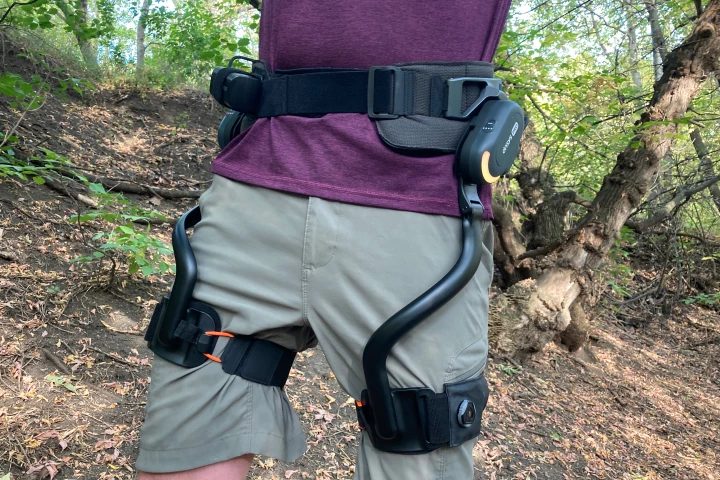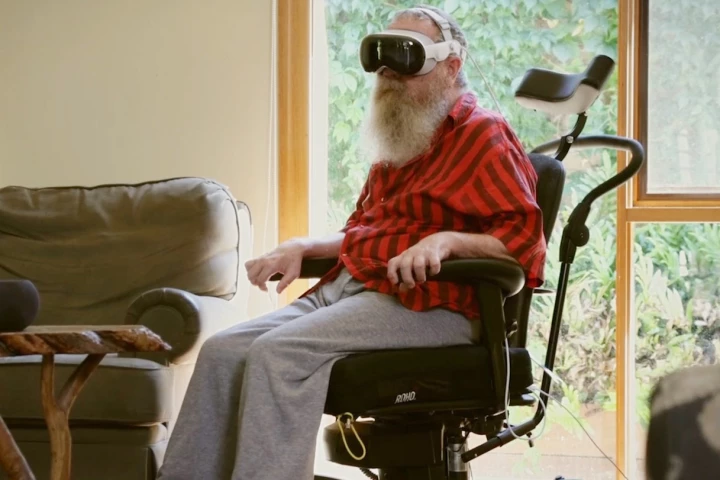Assistive Technologies
-
There are many approaches you can take to stop smoking, from nicotine replacement therapy to good ol' quitting cold turkey. None of these are easy, but using a smoking cessation app can greatly increase your chances of breaking the habit.
-
Honda’s new patent asks one weird but very interesting question: what if motorcycles came equipped with a steering-assist system, which would help with crash avoidance – a feature most modern-day cars come with?
-
Mobility assistance exoskeletons are great for making light work of challenging outdoor activities. Ascentiz is entering the fray with a modular approach, allowing you to swap out components based on your body and your preferred pursuit.
-
Millions of people love the power boost offered by ebikes, so wouldn't they appreciate a similar boost for activities such as hiking? That's the thinking behind the Dnsys X1 exoskeleton, which I put to the test. It works … but it may not be for you.
-
Motors have been added to bikes, skateboards and kayaks … so how about just slapping a couple to your legs? That's what the Z1 knee exoskeleton does, offering a 50% boost in the wearer's calf and thigh strength while reducing knee pressure by 200%.
-
Apple is getting into the brain-computer interface business, reveals New York-based startup Synchron. The idea is to enable people with limited mobility use iPhones, iPads, and the Vision Pro headset by transmitting commands through their minds.
-
Love them or hate them, chatbots are here to stay. And while an increasing number of people have been turning to bots like Claude and ChatGPT for help, there's only anecdotal evidence as to their mental health usefulness. That is, until now.
-
When someone has been rendered tetraplegic by a spinal cord injury, they may still retain partial use of their wrists. A new device could help such folks lift cumbersome objects, by adding a robotic hand to the back of their dominant hand.
-
If yours is one of the almost six million US households that has a resident bird, you'll know that these big personalities are wonderful pets, but they can make a whole lot of mess. This automated luxury smart home takes care of that – and more.
-
White canes are fine for helping blind users make their way down streets, but they can't tell those users what objects, signs or scenes are in front of them. That's exactly what the Seekr is designed to do, however, using a heapin' helping of AI.
-
Exoskeletons have been helping paraplegic patients to walk for years, but the latest development from KAIST is a little different. The WalkON Suit F1 can amble over to a patient seated in a wheelchair, install itself, and get the user up and walking.
-
While the island has 0.37% the land size of the US, Taiwan has become a hub for startups, sustainable design and tech innovation. This week, 600 inventions will vie for the 'gold medal' – the Platinum Award – at the massive Taiwan Innotech Expo.
Load More











